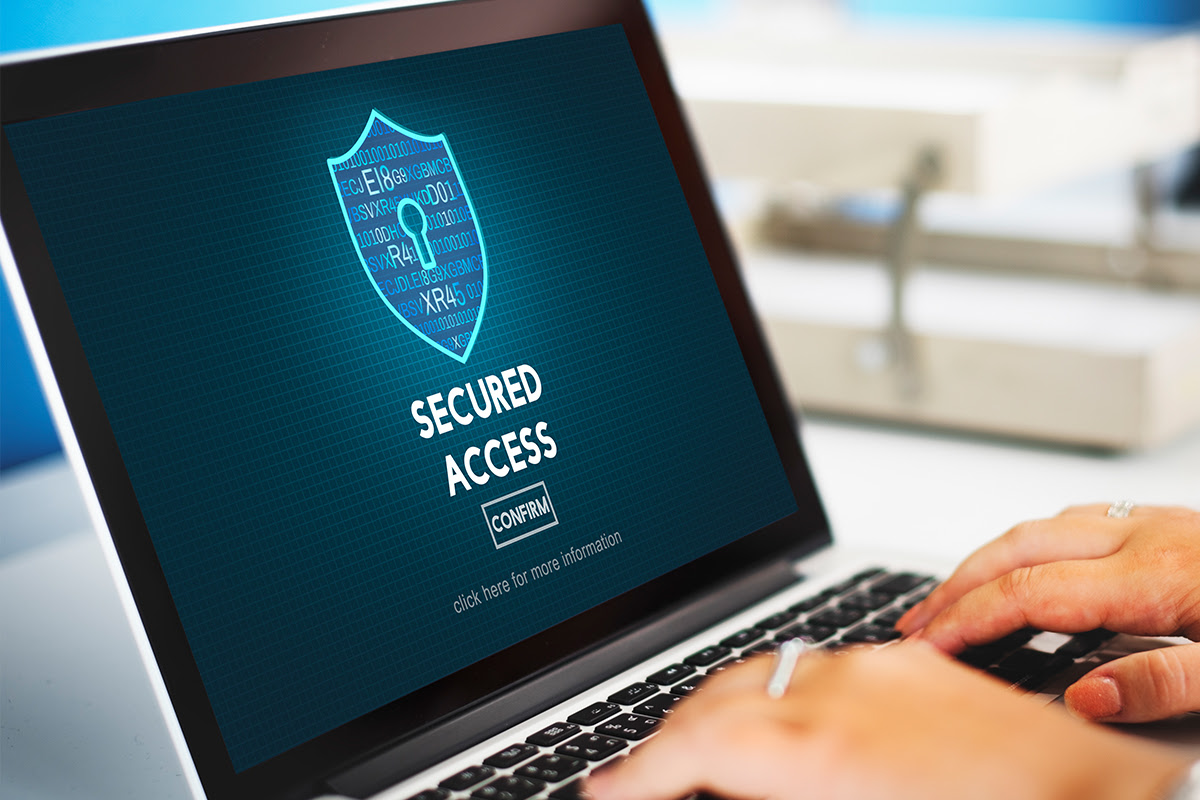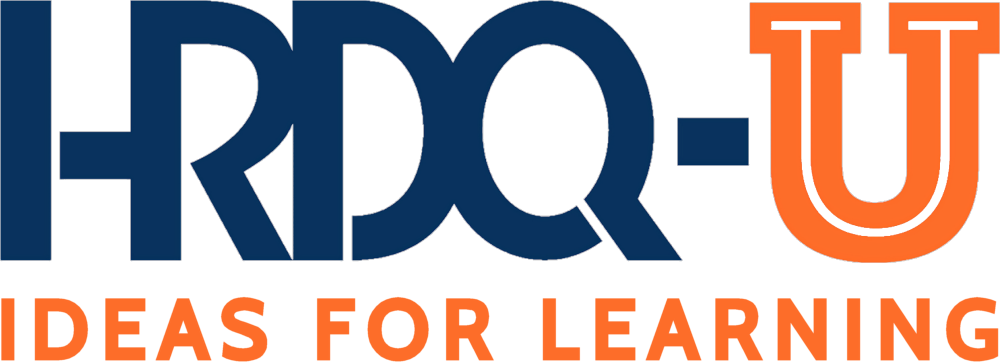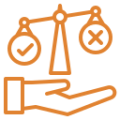What Information Is Confidential?
Handling HR confidentiality is a big part of my job. I want to talk about how I protect sensitive information to protect individual privacy and ensure compliance with legal standards.
Here are the main types of information I manage:
Personal Identifiable Information or PII, which includes Social Security numbers, personal addresses, and birth dates. I take extra precautions with this info to prevent identity theft. Leaked details like home addresses or contact information could really jeopardize someone’s safety.
I also manage medical records protected under laws like HIPAA. Disclosing someone’s mental health details without their consent could lead to stigma or discrimination in the workplace. We’ll talk about HIPAA in a bit.

Another sensitive area is salaries and employment histories. If salary details of two colleagues doing the same job but with different pay were leaked, it could trigger envy, discord, and even legal issues.
Legal documents also fall under my care. These documents usually have contract terms or dispute resolutions – leaking this information could compromise our negotiation position in future legal matters. To give you an example, if details about how an employee termination was handled became public, it might weaken our stance in similar future negotiations.
Lastly, I manage private concerns from our employees like personal grievances and harassment claims. Ensuring confidentiality in these matters will make sure our workplace is a secure, trust-based environment where everyone feels safe to talk about sensitive issues without fear of exposure or retaliation.
To protect these details, I use strict processes and advanced technology. Our records are encrypted, and access is tightly controlled. Now and again, training our staff on the importance of confidentiality helps keep this privacy shield.
Why HR Confidentiality Matters
First, handling legal obligations is important. From my experience, sticking to laws like ADA, FMLA, and HIPAA is really important. Staying compliant will make sure that the company avoids important legal issues like steep fines or even more severe consequences.
Let’s also think about security issues, which are equally important. Employee details, health records, or salary information all need HR’s careful handling. Any mishandling of this information breaks the law and also undermines the trust employees put in their workplace. To give you an example, a breach in information privacy can create so much distrust that it severely affects team morale.
Think about a situation where an employee’s health details are accidentally shared with their manager. The awkwardness and legal complications that ensue underscore the importance of strong data security and complete knowledge of privacy regulations for all staff.
Not following these standards may lead to severe repercussions like legal challenges. Companies caught in such situations usually suffer harm to their reputations, deterring potential talent and business opportunities.

Creating a secure and trustworthy atmosphere at work is really important. Regular policy updates – investment in quality technology – and powerful training are important to protecting employee information.
The difficulty increases during workplace investigations, which need transparency yet must keep privacy. HR must handle these situations carefully to ensure fairness and legal compliance without compromising privacy, which is important for maintaining organizational integrity and gaining employee respect.
Overall, staying informed on these matters really affects the workplace atmosphere and the company’s external perception. It’s really worth investing in getting these features right.
Maintain Legal Compliance
You can really manage HR confidentiality well by understanding the important laws and regulations that are very important.
First, look into the details of HIPAA, like medical information. It’s important for anyone in HR to stay updated with all labor laws related to employee data.
My main job means continuously reviewing and updating our HR policies and procedures. Legal experts in these reviews help make sure we meet the stringent needs of laws like the Americans with Disabilities Act and the Family and Medical Leave Act.

Securing sensitive data is a big part of the job, too. Secure data storage systems and limiting access to only needed personnel prove useful. The importance of regular training sessions can’t be overstated – they educate our team about their confidentiality jobs and point to the severe consequences of mistakes like fines and damage to our company’s reputation.
Technology presents both opportunities and challenges. It improves our data protection capabilities with tools like AI and secure communication channels. But, it needs constant vigilance against breaches. A steep fine faced by a nearby company because of a data breach was a wake-up call about the need for continuous tech and data protection training.
Handling disciplinary actions for confidentiality breaches is tough but needed to keep our data’s integrity. In some cases, legal actions are needed when breaches happen.
There’s also the balancing act of maintaining confidentiality while disclosing needed information during legal investigations or audits. We want to share only really important information and make sure all disclosures are closely documented and properly authorized – a best practice we take very seriously.
In the public sector, things get even harder with obligations under freedom of information laws. Addressing these will need checking in with state-specific legislation, which is an important practice in my experience. Through all these challenges, our ultimate goal remains to actively and responsibly manage and protect sensitive information.
Secure Storage and Access Protocols
A solid confidentiality policy is important for HR to protect sensitive information. This policy closely protects everything from employee details to financials and trade secrets. It will make sure that only authorized personnel have access to needed information and outline serious consequences for breaches.
Managing confidential data heavily relies on secure storage methods. In HR, we keep paper documents in locked filing cabinets in restricted areas. Data encryption and strict access controls are important. We encrypt sensitive information that is stored on our servers or transmitted externally and adhere to the “least privilege” principle – letting access only as needed. Applying strong login procedures confirms user identities, further protecting sensitive information.

Every now and then, updating strong passwords is really important, as many data breaches result from weak passwords. To share sensitive information, we use secure transmission methods like encryption to keep it safe.
Regular training sessions sharpen our security measures by finding the importance of confidentiality, supported by audits to find and strengthen weak places. We also make sure a tough Disaster Recovery Plan is in place to keep operations and secure data during major incidents like cyberattacks.
Lastly, compliance with regulatory frameworks like the Data Protection Act is really important to keep legal standards and avoid issues, depending on your state or country.
That gives you an overview of our HR confidentiality practices. Keeping the security of this information is an important responsibility, but with the right policies and measures, it is definitely achievable.
Limit and Monitor Access
In the HR world, keeping sensitive information secure is important. You wouldn’t want just anyone looking through personal details, right? For me, the principles of “Limit” and “Monitor Access” have been important in making sure privacy.
And now, let’s start by talking about access limitations. This means applying strong measures to make sure only the needed people have access to specific information. From my experience, setting up secure data storage systems in my company has proven really important. Not everyone needs the same level of access. To give you an example, does a junior recruiter need to know everything the HR director knows? I don’t think so.
I also conduct regular audits to check who has access to what: this will make sure that no one retains permissions they shouldn’t. This keeps everyone aligned and accountable, which makes confidentiality management easier.

Monitoring access means staying vigilant. I use advanced AI tools to monitor who accesses data and when. If anything unusual arises, the system points to it. Having technology on your side minimizes errors and helps prevent major issues.
Also, sometimes bringing everyone together for a training session with legal experts makes an important change. It makes a point about the importance of handling personal information correctly.
To give you an example, this one company once faced an important issue when employee data leaked because former employees still had access. The legal and reputational consequences were severe. They had to revamp their access protocols with stricter limits and improved monitoring. It was a tough lesson, but they learned from it.
Maintaining HR confidentiality means careful management and constant vigilance. It can be difficult, but the peace of mind from knowing you’re protecting everyone is seriously rewarding. As Lisa Mannering, a Certified Pro in Human Resources, usually says, it’s not about locking everything down but managing disclosures skillfully – handling these challenges is what keeps you excited.
Use Technology to Help with Privacy
When it comes to keeping sensitive HR information safe, embracing new technologies has made an important difference. From what I’ve seen for myself – moving toward automated systems, secure databases, and clever software – cuts down on human errors and improves security.
This shift reduces the likelihood of mistakes. Those small errors can lead to unintentional data leaks. Secure databases add an extra layer of security with advanced encryption techniques, which I find important for preventing unauthorized access.
Specialized software tools are especially interesting because they usually add features like audit trails and real-time monitoring. Enabling us to find and address potential security threats faster. I believe this intense monitoring is really important these days, with data breaches becoming more regular and severe.

But it’s not always easy. One challenge with these technologies is their difficulty. I remember times when HR staff needed extra training to use new software, which initially slowed their workflows. Also, the cost can be a barrier, as investing in clever solutions isn’t always doable for every organization from a budget perspective.
You can help with the security system by mixing tech-based solutions with traditional security measures – this strategy is really important. It’s also really important to make sure that skilled pros fill these jobs. They must manage risks related to both human and technological factors.
Challenges in Maintaining Confidentiality
The challenges of maintaining HR confidentiality can feel like handling a minefield. You need to strike the right balance between openness and privacy – manage tech threats and understand your legal obligations to let out information.
First off, securing data storage is important. You have to protect personal info, medical records, and salary details with impressive security features like encrypted databases and strong two-factor authentication to prevent unauthorized entry and data breaches.
Then, limit access to confidential information to only authorized personnel. In my previous role, we managed access strictly based on jobs, which made sure that information was available only to those who needed it for their job. This strategy minimizes the risk of leaks and reduces internal threats.
It’s really important to make sure all employees understand their confidentiality obligations. Holding regular training sessions can raise awareness and create a culture of compliance. These sessions should stress the importance of securing company data and the consequences of breaches.

Again, staying informed about privacy laws like HIPAA and making for data breaches is important. Keeping up-to-date helps in making policies that are both legal and ethical. To give you an example, having a clear action plan for notifying affected people promptly and preventing further issues if a breach happens is really important.
Lastly, remember the value of advanced technology like AI for compliance checks and secure communication tools. These technologies can find potential threats early and enable quicker responses and solutions.
From my experience, addressing these challenges will need a customized strategy where policies are periodically reviewed and updated. Creating a culture where confidentiality is really ingrained and actively maintained by everyone, from top to bottom, is important for success. So, in your workplace, strive to create this culture and notice how trust within your team increases.
How Can HR Balance Privacy and Transparency?
You’re talking about the space of HR confidentiality, right? It’s a bit like balancing openness with the need to keep secrets safe. You want to be transparent but not at the expense of letting private information slip out. I faced a similar challenge managing project data with my team – where we had to distinguish between shareable and non-shareable information – an important part of our teamwork.
Here’s what you could do to keep that balance in HR: stay informed and up-to-date. Regular training is a great idea – it keeps everyone aligned. Creating policies that reflect the latest laws is important to avoid legal issues. Also, think about tech solutions to protect data. These steps are really important for building a strong confidentiality framework.

Think about where your organization stands with these challenges and continuously adjust your practices to protect and respect your space. This is really important. It’s similar to when we had to overhaul our security protocols last year – it was difficult initially but finally worth it for the peace of mind it provided. Also, this type of environment lets you stay legally safe and creates a happier, more loyal workforce, improving the overall company atmosphere.
For HR pros looking to help, HRDQ-U is a great resource. It’s a community where new ideas and skills become reality through webinars, podcasts, blog posts, and more. There’s an upcoming webinar, Trust Me: Moving Trust from a Catchphrase to Action that could really change your perspective on trust and personal behavior in the workplace.
For more help creating trust in the workplace, check out our collection of trust-building webinars and blog posts to help increase organizational trust so you and your employees can thrive.


































